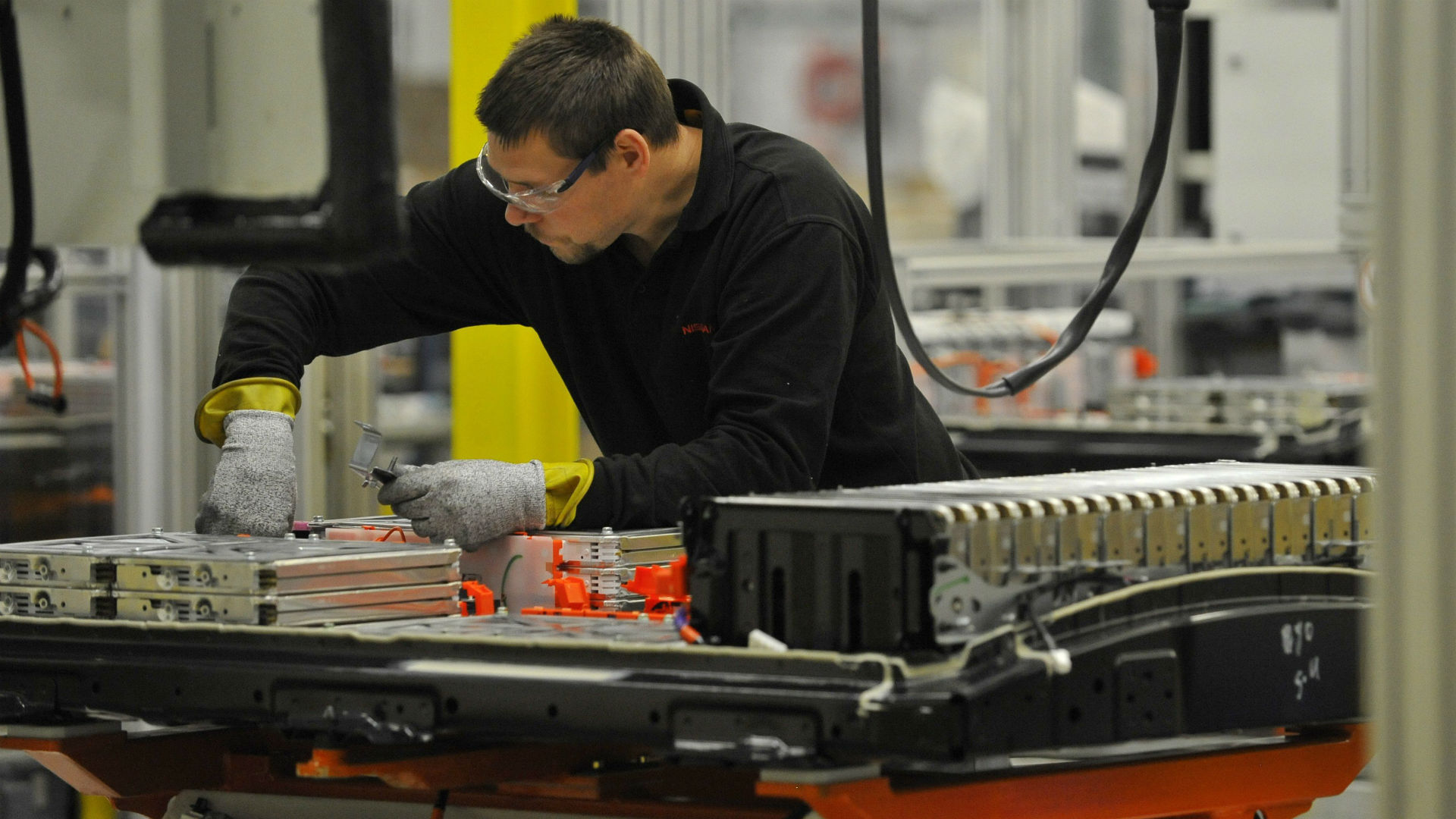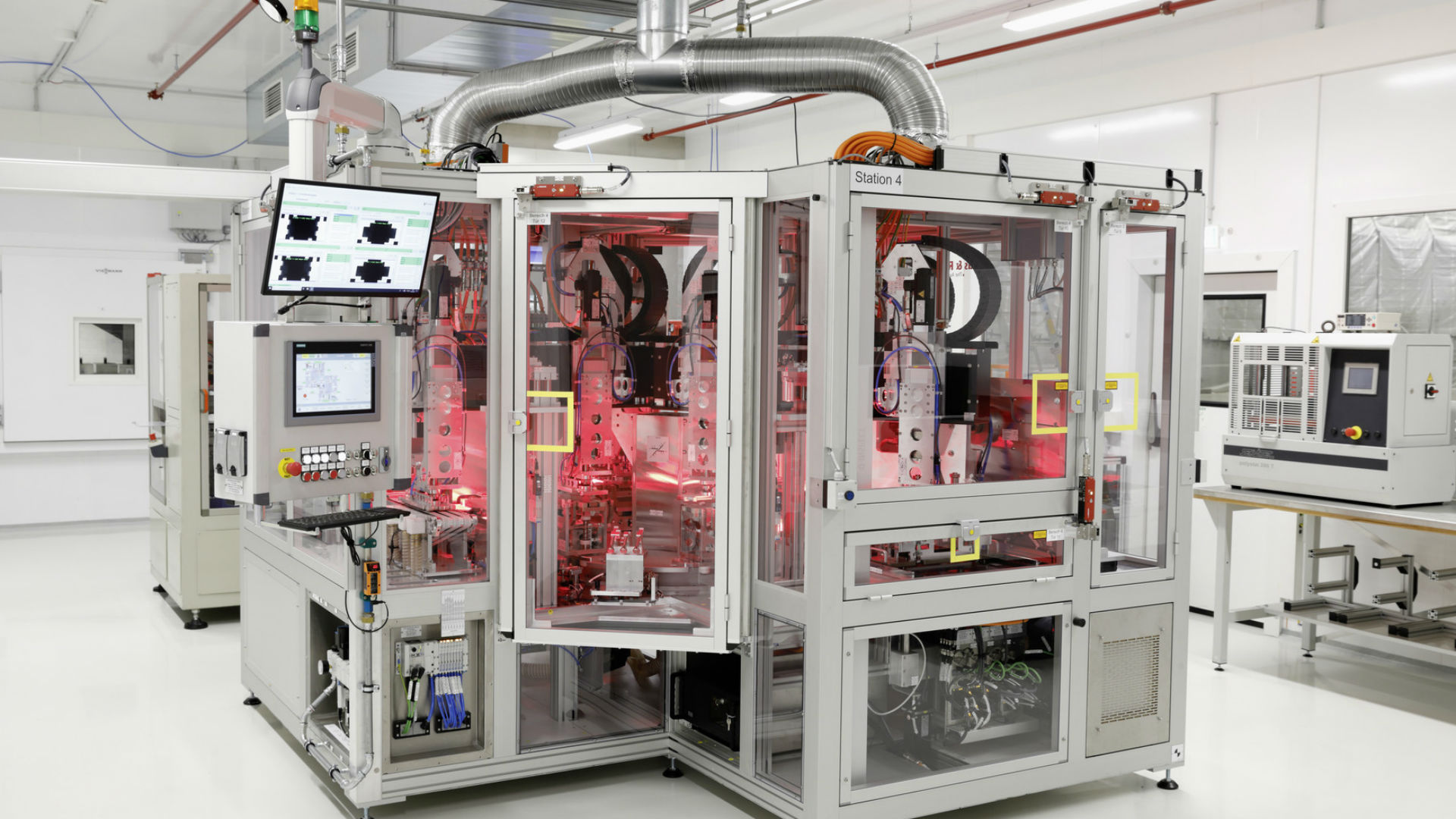
Electric car batteries are two to three times greener than they were in 2017. That’s according to new research conducted in Sweden.
Battery researchers at IVL Sweden found that the carbon footprint for the most common type of EV battery is between 61kg and 106kg of CO2.
This is significantly lower than the 150-200kg figure measured by the same Swedish researchers in 2017.
Clean transport campaign group Transport & Environment says that there are three reasons behind the rapid improvement. Firstly, the commercialisation and scaling up of battery cell manufacturing means less energy per cell is required, resulting in a drop in CO2 emissions.
Secondly, current data is more accurate and based on authentic information, rather than relying on estimates and assumptions.
Finally, the electricity generation in the key manufacturing regions is using more renewables, decarbonising the grid and reducing emissions.
‘Cleaner and cleaner’

Lucien Mathieu, e-mobility analyst at Transport & Environment, said: “EV batteries are getting cleaner and cleaner by the month. This is because production is becoming more efficient with the scale and because the energy mix to manufacture is decarbonising.
“So it does matter where the factory gets produced. This supports the current Commission push to establish a battery cell industry in our continent via the EU Battery Alliance.”
“The new study also acknowledges that accurate data is a challenge. So the upcoming EU battery regulations should establish a robust database and require companies to report accurate carbon footprint data. Data on metals supply chains is a particular problem. Thus the need for traceability and binding due diligence so that sustainable and responsible production is ensured.”
Transport & Environment goes on to claim that the figures from 2017 were “used and misused by many to exaggerate the climate impacts of battery production”.
This year we will see a number of new electric cars entering the market, including a new breed of affordable city cars and superminis. Click here for a list of some of the best EVs you’ll be able to buy in 2020.
[…] at the constantly falling price of EV batteries, making a $25,000 Tesla possible by 2023, and the drive towards greener battery production, the mass arrival of BEVs seems inevitable. Batteries won’t replace every transportation type – […]
[…] falling price of EV batteries, making a $25,000 Tesla possible by 2023, and the drive towards greener battery production, the mass arrival of BEVs seems inevitable. Batteries won’t replace every transportation type – […]